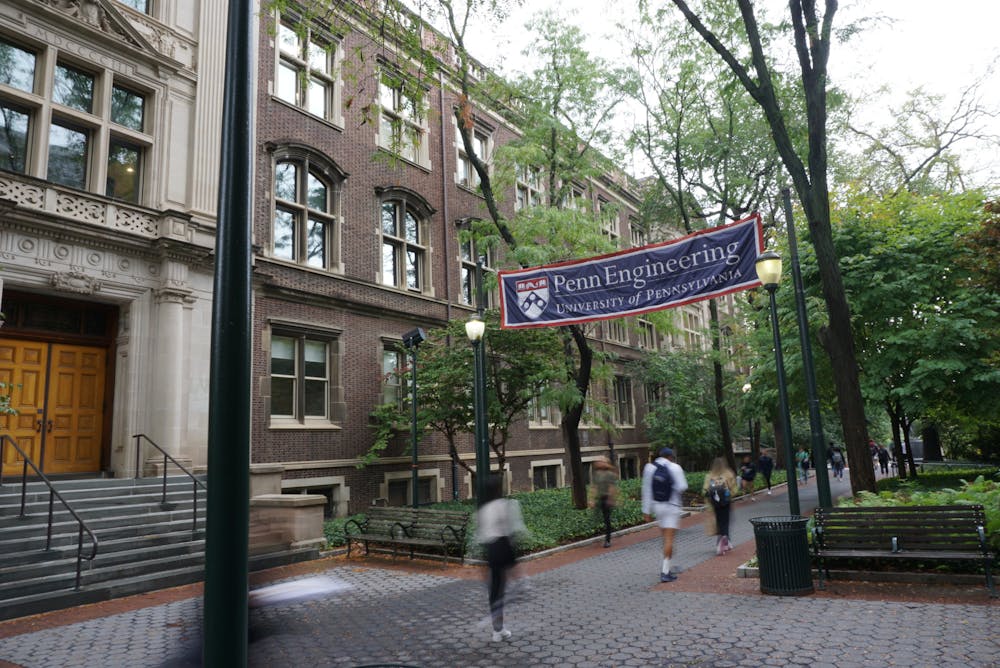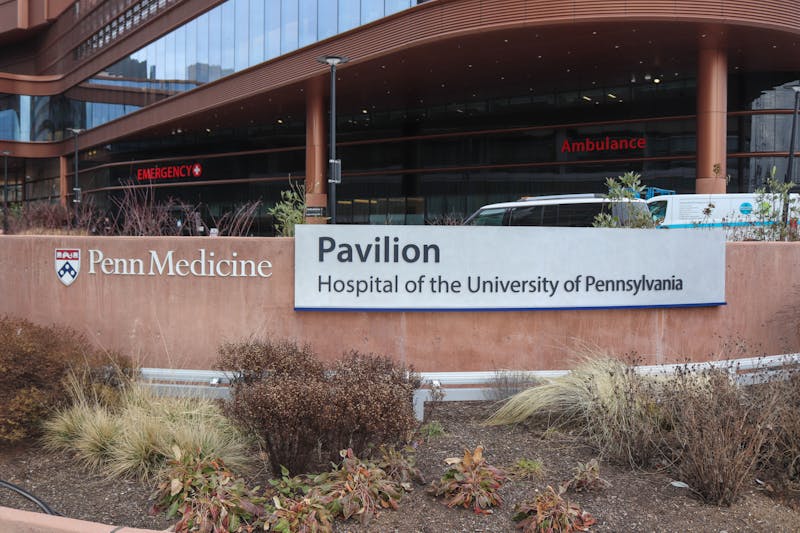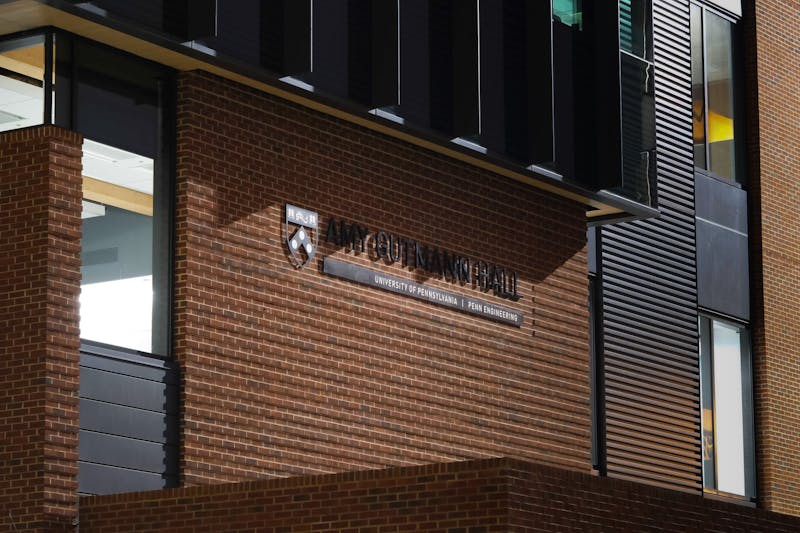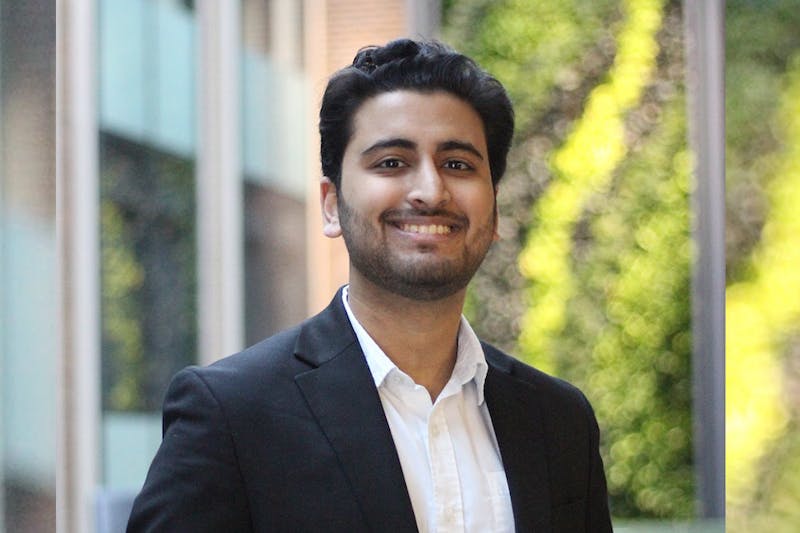
Researchers from Penn Engineering and Penn Medicine have developed a strategy for optimizing vaccination rollouts.
The Jan. 22 report identified the challenges of distributing vaccines among different communities with varying risk factors, noting the COVID-19 pandemic as an example. Penn Engineering professor Saswati Sarkar and Electrical and Systems Engineering Ph.D. student Raghu Arghal collaborated with Penn Med professors Shirin Saeedi Bidokhti and Harvey Rubin to formulate a strategy that accounts for population complexity within disease prevention.
Sarkar, who teaches electrical and systems engineering, reiterated the accessibility of the framework, which requires only a laptop computer.
“[Accessibility and efficiency] was especially important to us as we wanted the framework itself to be accessible to low-resourced and remote communities, which are typically the most affected by disease outbreaks,” Sarkar told Penn Today. “We had to approach this real-world problem more practically while still using network theory tools that captured enough population heterogeneity to arrive at a meaningful and useful strategy.”
The researchers categorized people into three broad groups: high risk, high contact, and baseline. High risk communities typically include the elderly and those with existing health conditions, while high contact individuals work in commonly exposed environments, namely hospitals and schools. The baseline group includes the rest of the population.
Rubin also has experience developing initiatives to fight infectious diseases. In 2008, he began an intergovernmental initiative to combat global diseases as the director for Penn’s Institute for Strategic Threat Analysis and Response. With four steps, he explained how global diseases could be contained or prevented. He was invited to discuss the initiative before the House of Lords, the upper house of the British Parliament.
“Any strategy devised to contain disease is only as good as the voluntary cooperation of the general population,” Sarkar said in an interview with Penn Engineering Today. "Viruses and people’s opinions about a public health strategy spread in the same manner — through interaction."
Penn has previously pioneered COVID-19 research and prevention. In 2023, Penn Medicine researchers Katalin Karikó and Drew Weissman won the Nobel Prize in Medicine. That same year, a team of Penn engineers worked to create faster, cheaper, and more environmentally friendly COVID-19 tests for public use.
The Daily Pennsylvanian is an independent, student-run newspaper. Please consider making a donation to support the coverage that shapes the University. Your generosity ensures a future of strong journalism at Penn.
Donate











